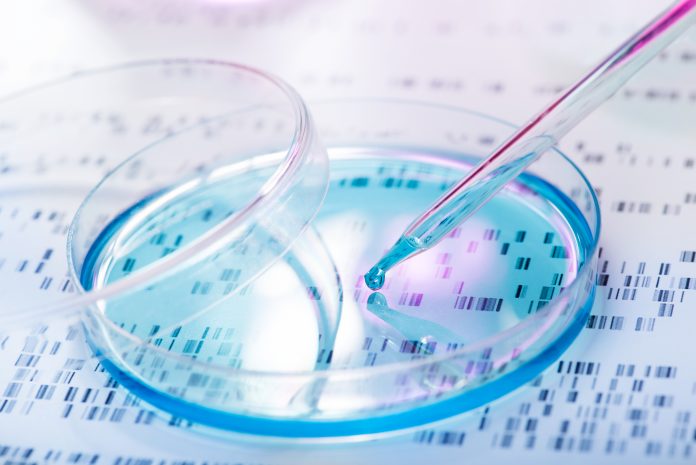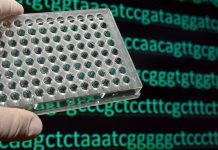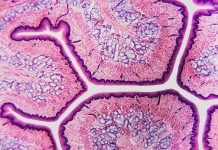Implementing personalising genome sequencing and tailoring analysis to each individual patient could double diagnostic rates of rare diseases
2018 saw the NHS Genomic Medicine service announced, allowing patients with rare diseases to have their entire genetic code read in the hope of providing a much-needed diagnosis.
Interpreting this data has proven challenging as many with complex and rare genetic diseases still cannot receive an accurate diagnosis or answer to their health issues.
The importance of receiving a genetic diagnosis
Published in Nature Communications, researchers at The London Mitochondrial Centre at UCL Queen Square Institute of Neurology and UCL Great Ormond Street Institute of Child Health have been working to ensure patients have an improved chance of receiving a genetic diagnosis.
Using a genomic medicine team of specialist doctors, bioinformaticians, and scientists could boost the capabilities of NHS diagnostic laboratories beyond the standard semi-automated data analysis.
The team from UCL were able to re-evaluate undiagnosed cases to identify clues that might help direct further, more personalised analysis.
Through additional bioinformatic approaches, using advanced computer technologies, researchers were able to identify genetic alterations in a patient’s DNA which may be causing disease but had been overlooked during routine testing.
Personalising genome sequencing increased the diagnostic rate from 16.7% to 31.4%.
102 undiagnosed patients suspected of having a primary mitochondrial disease (a large group of incurable genetic disorders that affect children and adults) were chosen for the project. These 102 had undergone whole genome sequencing via the NHS’s 100,000 Genomes Project years before.
This personalised approach increased the diagnostic rate from 16.7% to 31.4%. It also detected potential disease-causing variants in a further 3.9% of patients.
This personalised approach increased the diagnostic rate from 16.7% to 31.4%. It also detected potential disease-causing variants in a further 3.9% of patients.
Lead author, Dr Robert Pitceathly said: “The NHS has invested heavily in advanced genetic technologies. Consequently, the UK has established itself at the forefront of diagnostic whole genome sequencing.”
“We believe investing in specialist genomic medicine teams is crucial, ensuring equitable access to dedicated multidisciplinary expertise and maximising diagnoses. On average, patients in our study waited over 30 years for a diagnosis – we now have the capability to solve such cases but need adequate workforce planning to support NHS diagnostic genetic laboratories in achieving this goal.”
“We believe investing in specialist genomic medicine teams is crucial, ensuring equitable access to dedicated multidisciplinary expertise and maximising diagnoses.”
Receiving a genetic diagnosis is important as it allows patients to receive access to family planning, specialised IVF, and drugs trials. It can also permit targeted screening of known disease complications and access to drug studies.
Dr Pitceathly said: “In this study, every new genetic diagnosis had a direct impact on patient care. This included additional check-ups for heart problems, hearing loss, and diabetes, and access to clinical trials.”
Professor Michael Hanna, Director of UCL Queen Square Institute of Neurology said: “This work is a significant step forward in developing the best ways to maximise the benefits of genome analysis for patients.”
“This study highlights the importance of the collaboration between specialist clinicians and genetic scientists in interpreting the results of genome sequencing to maximise the opportunity of reaching a diagnosis which can then help guide medical management and treatment options.”











